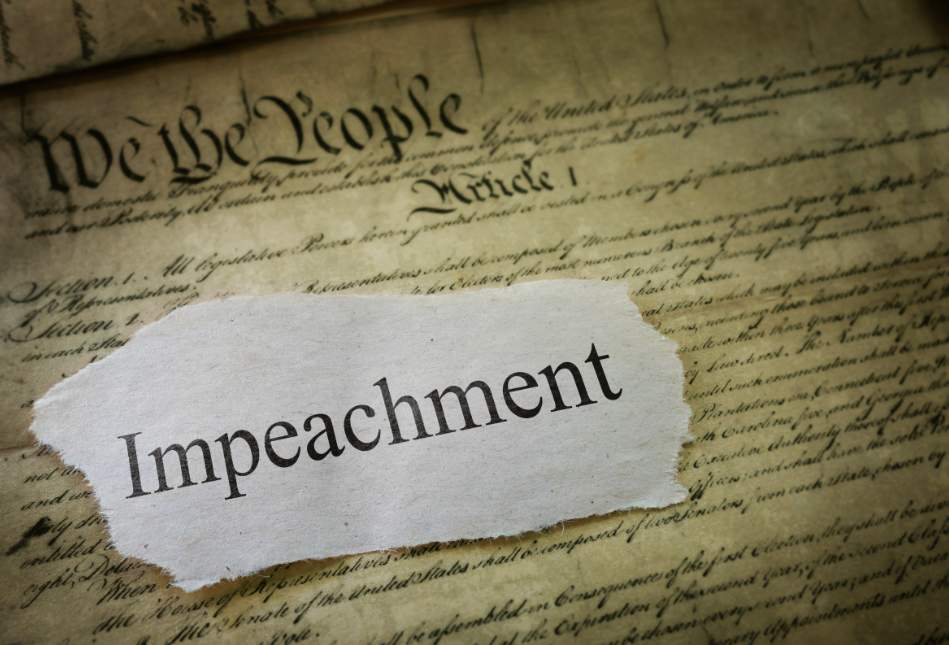Let’s understand: What is impeachment? Impeachment is a trial, usually of a public officer, for a high crime or other offense. In England, the House of Commons is the prosecutor, and the issue is tried and determined before the House of Lords. Impeachment in England dates back to very early times and has continued, with some interruptions in the 15th, 16th, and 17th centuries, to the present. Now, it is not as important as it once was.
The charges against the defendant are in the form of articles, and he may employ counsel to represent him and call witnesses in his defense. Voting on the defendant’s guilt is taken separately. If he is found guilty, the Commons may or may not move for judgment as they see fit, frequently refusing to do so, which amounts virtually to a pardon. Political offenders may be impeached when the danger exists of them escaping punishment by the usual methods. Impeachment can be brought against persons of all ranks and for misdemeanors and crimes of all degrees.
The practice of impeaching has been rendered obsolete by ministerial responsibility; likewise, judges are no longer impeached, and removal power exists in the Crown. In the United States, by the constitutions of most states, impeachment proceedings are instituted in the Senate. However, in a few states, the ordinary courts of law have jurisdiction over such proceedings.
There is a considerable conflict of judicial opinion on impeachment, particularly on the offenses for which it lies. This includes whether a State officer is subject to impeachment after leaving office, etc. An offender who has been impeached may, in certain cases, later be tried and punished for the same offense. By constitutional provision, in many jurisdictions, only state officers are subject to impeachment, and this excludes county and municipal officers.
Some of the offenses subject to impeachment are treason, bribery, misconduct, and maladministration in office. They are habitual drunkenness, neglect of duty, common law and statutory crimes, corrupt practices, and oppressive conduct by judges and others. Evidence rules in impeachment proceedings are the same as those in criminal trials. To justify a conviction, the accused’s guilt must be proven beyond a reasonable doubt. Under the constitutions of some states, no person may be impeached by the concurrence of less than two-thirds of the senators elected.
There is a marked difference in impeachment proceedings in the United States and England. For instance, in the United States, impeachment only results in removal from office. In contrast, in England, any legal penalty, even capital punishment, may be inflicted. In many states, by constitutional provision, impeachment cases are exempt from pardoning power.
In England, as stated above, the commons have virtually pardoning power. In England, a commoner may be arrested when impeached or compelled to give security for his appearance. A peer may be arrested for a capital offense, while in the United States, there is no arrest authority in any case.
Read More: Coping with Emotional Distress After a Personal Injury: Seeking Help and Healing
